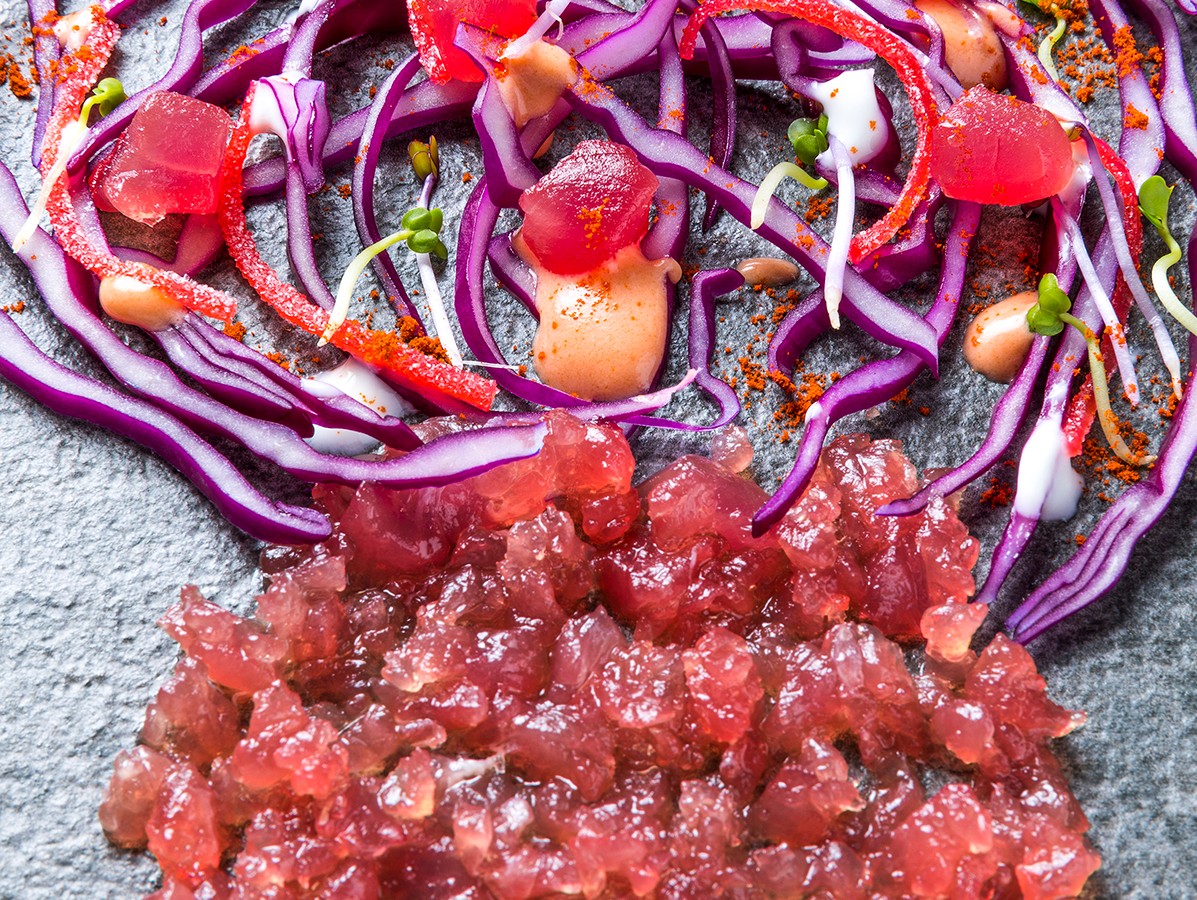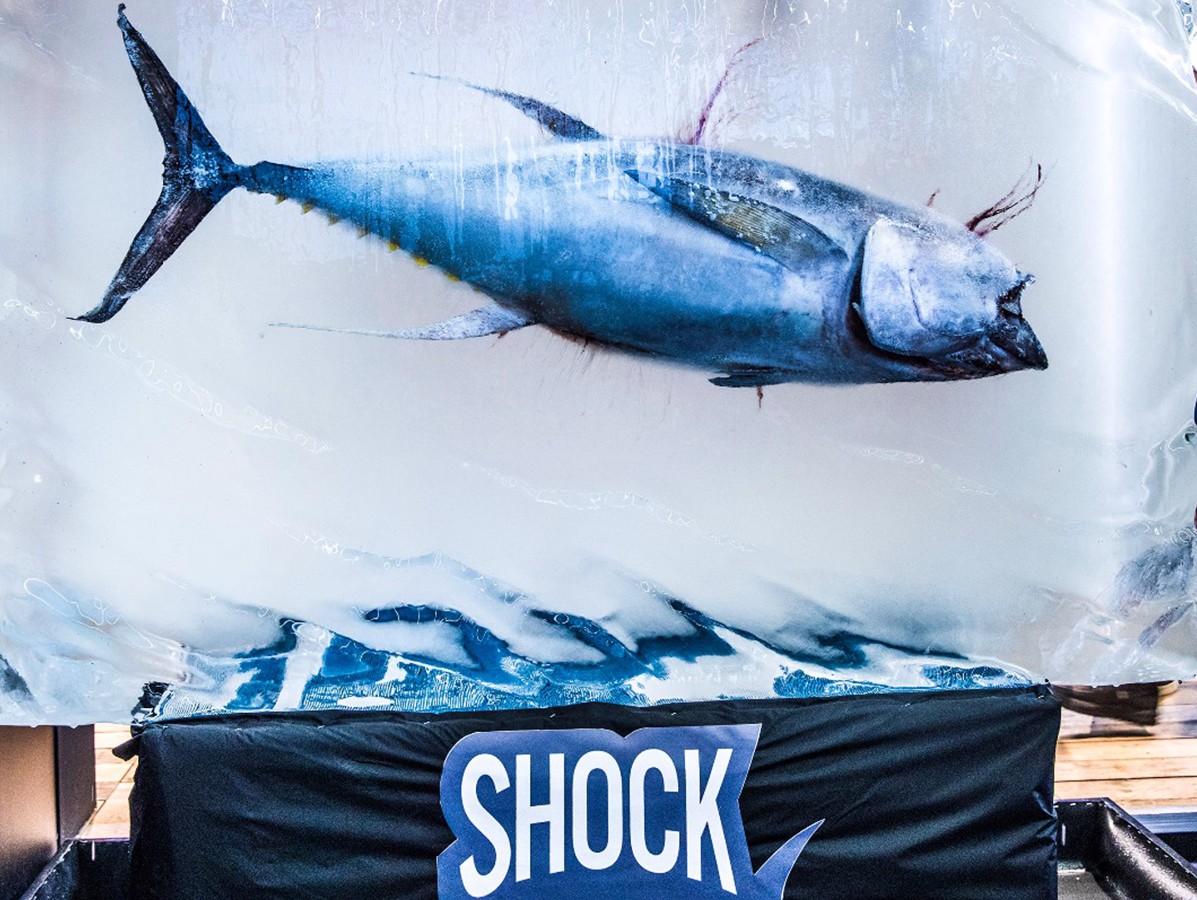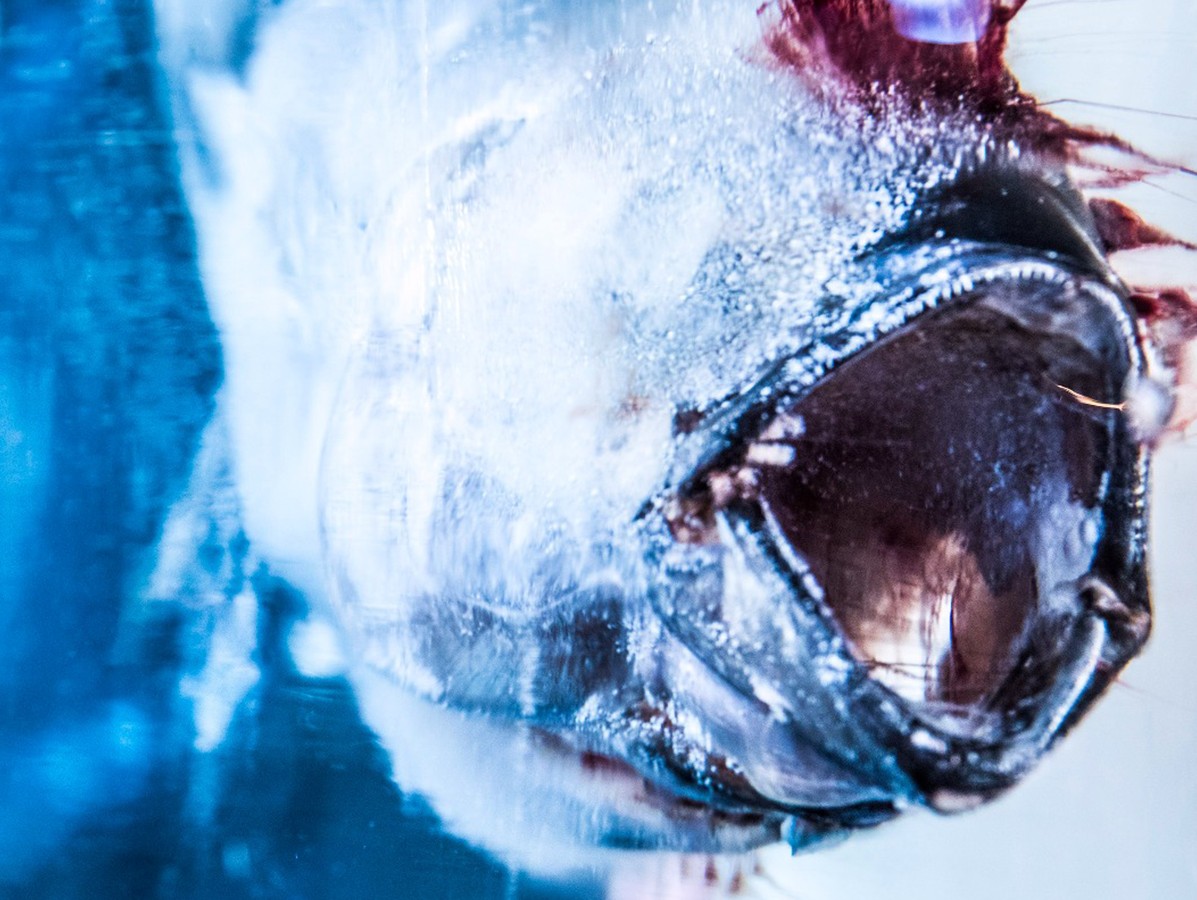
Clean air as free as possible from fungi, bacteria and viruses is essential to ensure food safety. ActivePure® technology is a unique method to achieve this. The technology, created in space technology and NASA-certified, is available for the food industry and has been tested at, among others, Versvishandel Jan van As.
Fresh fish trader Jan van As is known for his drive for innovation. A year and a half ago the company started in IJmuiden with 'Shock Frozen Fish'. This makes them a trendsetter in the Dutch market. "This concept is already well known in Asia, especially in Japan," says director Wijgert van As. "Fresh fish is brought very quickly to 90 degrees below zero. The advantage is that the cell structure of the fish remains much better intact. We carried out comparative taste tests with defrosted product at the Hilton and at Johnnie Boer. These showed that the difference between Shock Frozen refresh and fresh product is practically nil. Our advantage is that we buy very fresh fish at the time of supply. The buyer can buy specific products and benefit from this purchasing advantage. With this, we remain behind our 'Fish & Season' concept, except that we add something: 'purchased in season, and Shock Frozen until use'. It's better for the fish stock".

"Sustainable thinking and action is in our genes," continues Wijgert. "We are constantly thinking about how our housing, mobility and products can be made more sustainable. That goes beyond care for and management of fish stocks. For example, we were one of the first in the Netherlands to have refrigerated vans with solar panels, and now we have 100% electric vans driving around Amsterdam. The air cleaning concept with ActivePure® technology fits in seamlessly with our sustainability vision. We can guarantee food safety even better by inhibiting bacterial growth using a 100% natural method.
The air cleaning equipment (DCAT BOX) with ActivePure® technology is marketed in the Netherlands by Deep Clean Air technology from Apeldoorn. Robert van Kooten had several studies carried out in the Netherlands with Nutrilab as laboratory, among others at Versvishandel Jan van As in Amsterdam and at Interfisch in IJmuiden. The results show that by using the air cleaners the germination potential of bacteria is minimized and that fresh fish (salmon, cod and mackerel) in a cold store (0-4°C) remains good for up to 4 days longer, including the taste. The technology purifies the air and removes 99.8% of fungi, bacteria and viruses. Robert: "This provides more than just a longer shelf life and optimum hygiene. There is less product waste, and less sickness absence due to the purified air. This way, the investment is recouped. Moreover, it combats odour nuisance".
Wijgert van As first tested the equipment in a building where a smokehouse was located. The company had ceased operations and the premises had to be sold, so they wanted to remove the smell of smoke. "After one weekend, the whole building was odour-free," he says. "The ozone generator is a combination of active ozone and functional UV. It not only kills the bacteria that make smell, it also kills other types of bacteria. However, blowing a lot of ozone into space is dangerous: you can't work in it, because then there's no oxygen. That keeps me from using the system in rooms where there are employees. It can then only be used up to certain concentrations of ozone. However, it is possible to peak the concentration of ozone if there are no employees present".

After the successful action in the smokehouse, Van As continued the test on a small scale to their office space where the UV does its work with very low concentrations of ozone. "The device constantly purifies the air and eliminates the pungent fishy smell. You can say 'that air is part of it, but I find it annoying that you can smell a fish odour when you enter. More fresh air, with more pure oxygen, should also lead to higher labour productivity. I find that difficult to measure, so I can't say much about that", says Wijgert. "The fact that it contributes to food safety is easily measurable. It inhibits the process of loss of consciousness. At another location in IJmuiden we tested it on fresh tuna fillet. Laboratory tests prove that the actual bacterial growth is slowed down enormously. The colour of the tuna also remains better." Another big advantage of the device is the one-time investment.
"We also have a unit specifically for vehicles," adds Robert to the story. "This ensures food safety even during transport. The number of units needed at a location depends on the surface area and the amount and speed of air movement. "The equipment is low-maintenance, and easy to install: as a standalone unit, as a ceiling unit (offices), as well as in an existing air handling system".
Source: © Vakblad Voedingsindustrie 2020